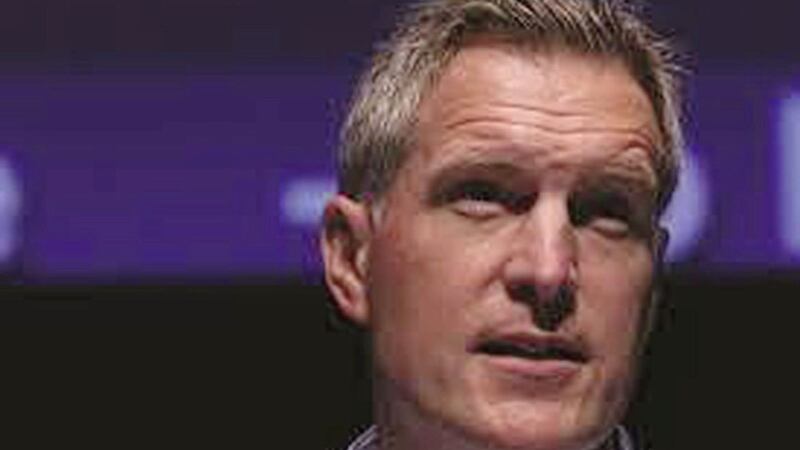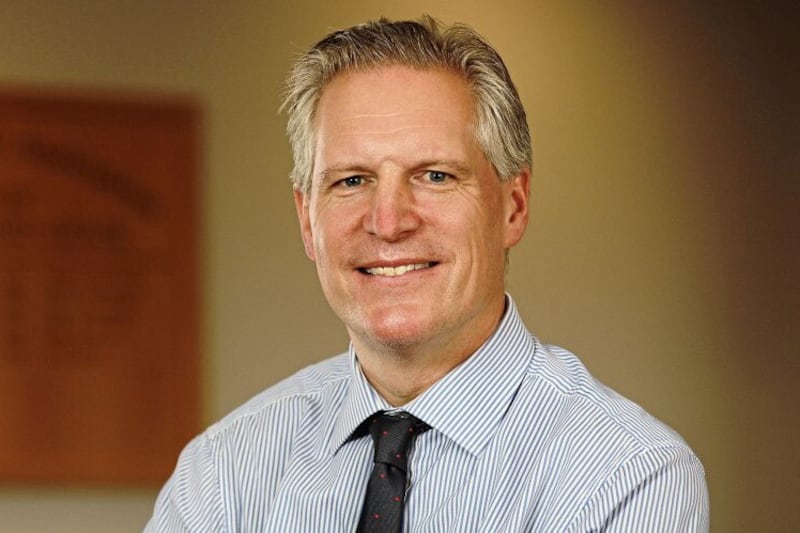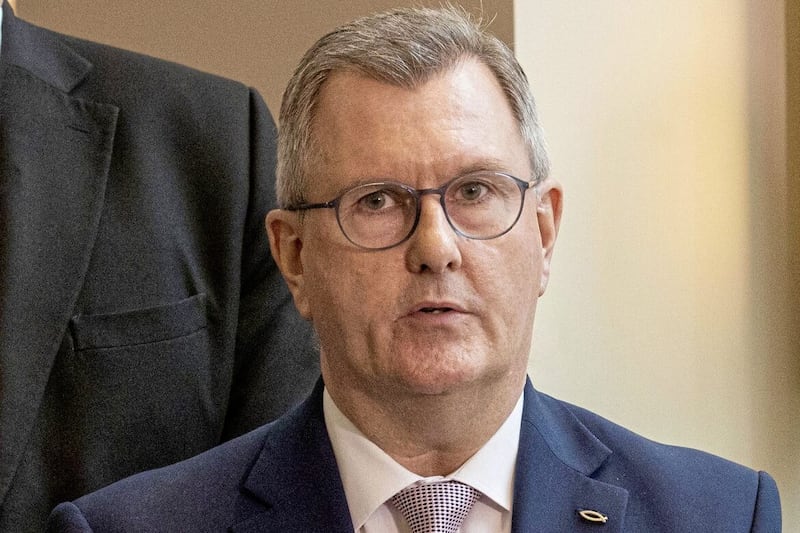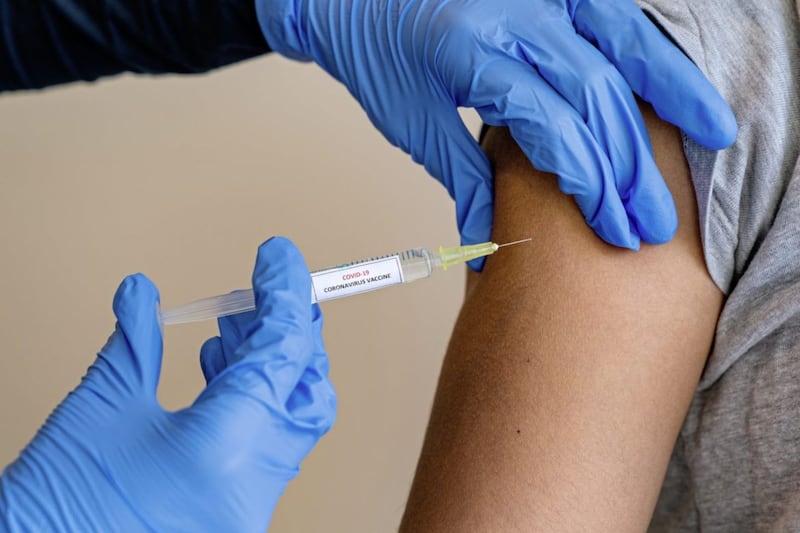TELEPHONE triage by GP practices is "highly likely" to continue as resuming face-to-face appointments will lengthen waiting times, according to a high-profile doctor.
Dr Alan Stout, chair of the British Medical Association (BMA) GP committee in Northern Ireland, said he accepted the frustration felt by some patients making multiple calls - but insisted there were benefits in terms of priortising those who need to be seen quickly.
Last autumn there was a backlash among GPs in England after government ministers announced a £250 million funding plan to boost pre-pandemic appointment led services.
A £5.5m package to support the north's GP services was green-lighted by Health Minister Robin Swann in October, with the focus was on improving technology and additional patient care - as opposed to more face-to-face consultations.
As remaining Covid restrictions are dropped and GP-led vaccine clinics end, Dr Stout called for investment in infrastructure but said that ultimately, more staff are needed.
"What we need is the infrastructure there to support teams - proper phone lines, proper phone systems, plenty of receptionists and a big enough team, including GPs, but also a multi-disciplinary team of other health professionals to be able to deal with the level of demand we're seeing," Dr Stout, a Belfast based GP, added.
"If we simply go back to an appointments type system, you’re going to see much longer waiting times.
"I fully appreciate that some people are frustrated with the 'phone first' system but what it has allowed us to do is to deal with an awful lot more patients in a day - and convert those who need to be seen face-to-face very efficiently.
"We can deal with those who don’t need to be seen over the phone by the use of advice and prescription and so on.
"I think it’s highly likely that we will continue to see the phone first used. What it’s also highlighting is that we tend to now be dealing with the demand on the same day. So it is a really good service."
While the BMA chief welcomed last year's investment to reduce winter pressures, he called for more to be done in the short-term to 'buy out' private phone providers who have surgeries locked into contracts.
"There has been a lot of work but it is not something that can be changed overnight. Each practice will have a contract with a private phone provider which they’re tied into," he explained.
"If it’s seen as a priority by the Department of Health, the next step may well a whole load of funding to buy out the private contracts – and say we just need a better system right now. So we’ve worked out whose contract is ending and how we can replace it.
"We want to get more lines and a call waiting system so that you’re not having to phone back all the time.
"The phone system is really important but ultimately you need people to answer the phones and more doctors and other health care professionals in a practice to deal with healthcare queries."








